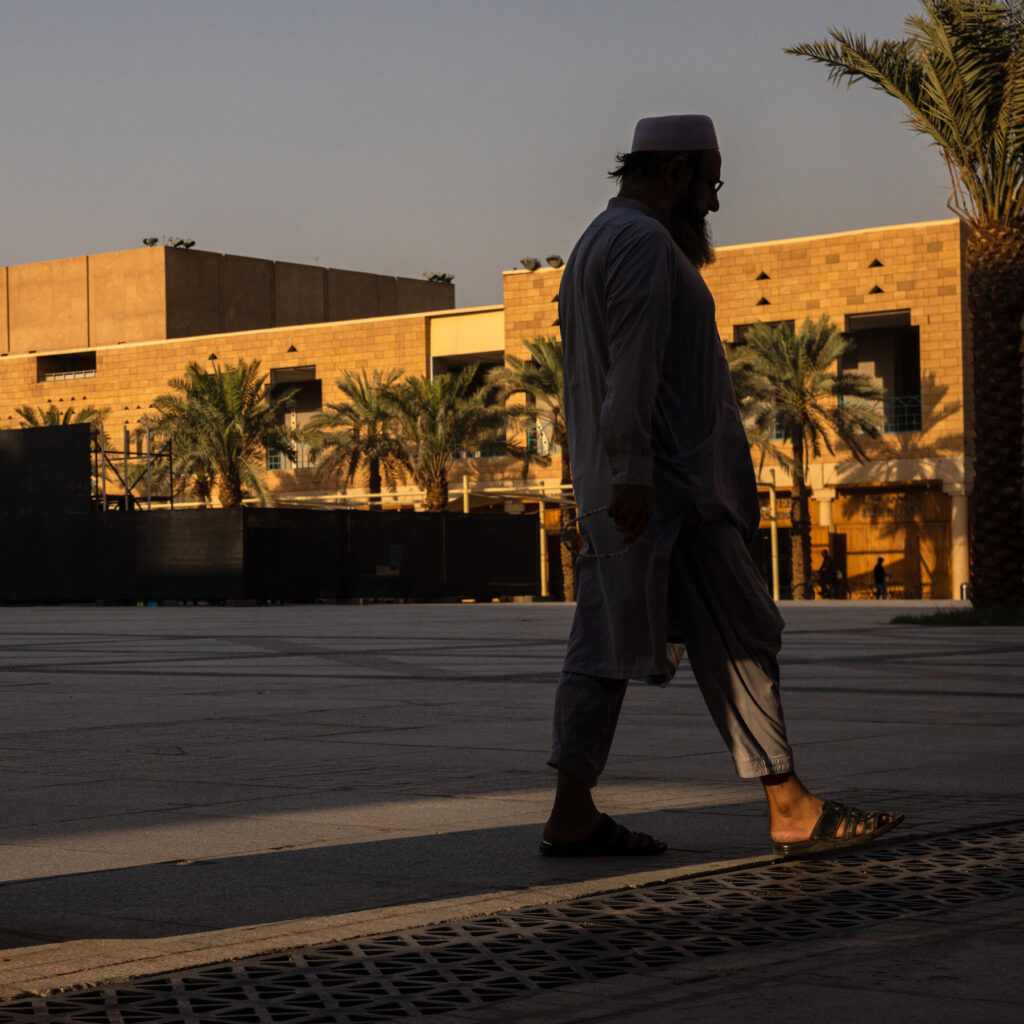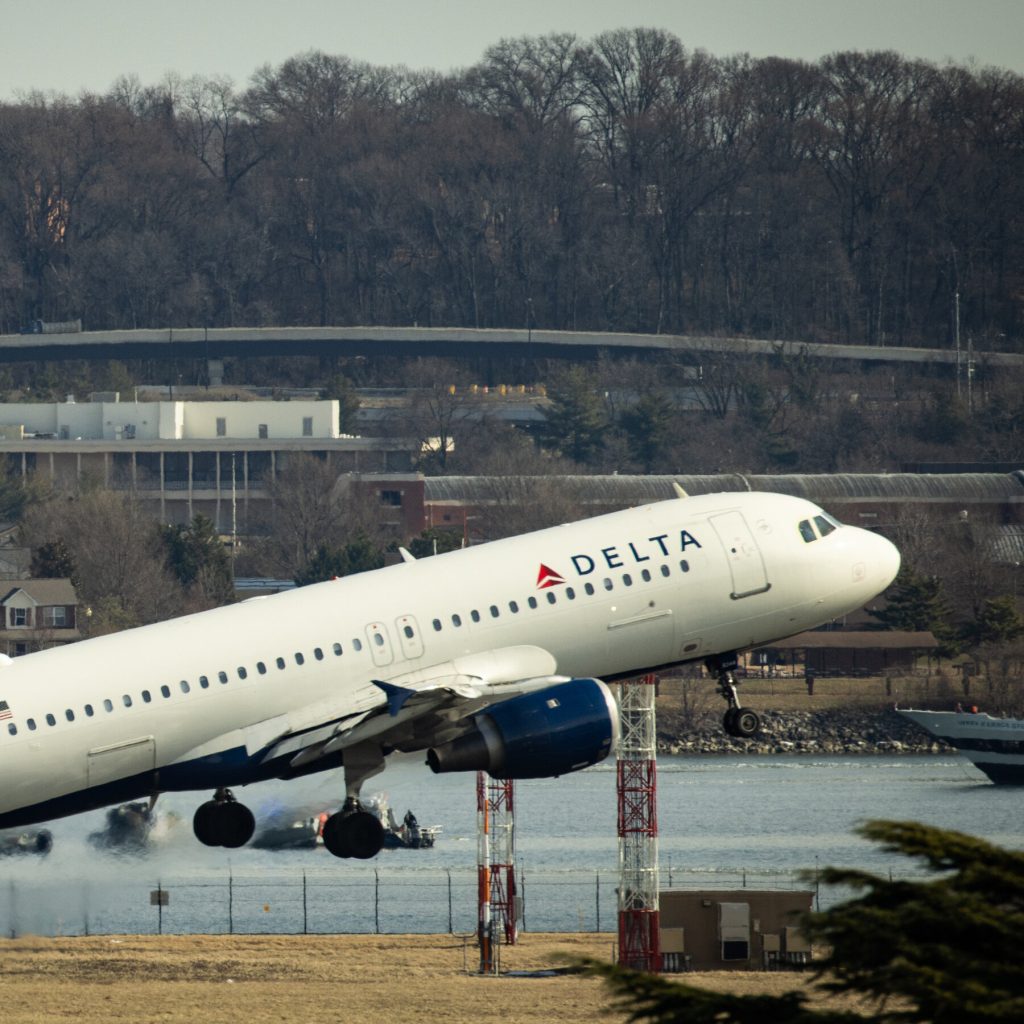As Saudi Arabia Cracks Down on Drugs, Executions Near a Record High

Saudi Arabia is witnessing a dramatic surge in executions, driven largely by an intensified campaign against drug trafficking. In recent months the kingdom has carried out hundreds of death sentences, many of them against foreign nationals caught in low‑level smuggling operations, as it battles an influx of amphetamine pills and other narcotics.
The crackdown follows the abrupt end of a 33‑month moratorium on drug‑related executions that had been imposed in early 2021. Since the moratorium was lifted in November 2022, the pace of capital punishment has accelerated sharply. Amnesty International reports that between January 2014 and June 2025 the kingdom executed 1,816 people, with almost one‑third of those deaths linked to drug offenses. Of the 597 individuals executed for drug‑related crimes over that ten‑year span, roughly 75 % were foreign nationals.
2024 marked a grim milestone: Saudi authorities carried out a record 345 executions, the highest annual total since official records began. The trend has continued into 2025. From January through June, 180 people have been put to death, and in June alone the kingdom executed 46 individuals—37 of them for drug offenses—averaging more than one execution per day. The majority of those sentenced to death for drug crimes are non‑Saudis; in June, 34 of the 37 were citizens of Egypt, Ethiopia, Jordan, Nigeria, Pakistan, Somalia and Syria.
Human‑rights groups have repeatedly warned that many of these cases involve unfair trials, coerced confessions and the application of the death penalty for offenses that do not meet international standards for capital punishment. The UN Special Rapporteur on extrajudicial, summary or arbitrary executions has called on Saudi Arabia to halt imminent executions of dozens of Egyptian nationals and to abolish the death penalty for drug‑related crimes altogether.
Saudi officials justify the harsh measures by describing drug smuggling as a violent assault on the kingdom’s conservative Islamic society, arguing that severe punishment is necessary to deter traffickers and protect public health. Critics, however, argue that the policy is disproportionate, undermines the rule of law and flouts international human‑rights obligations.
As the number of executions climbs toward a historic high, the international community is watching closely, urging greater transparency, due‑process guarantees and a shift toward rehabilitation rather than lethal punishment for drug offenses. The debate over Saudi Arabia’s “war on drugs” and its human‑rights implications is likely to intensify in the months ahead.





